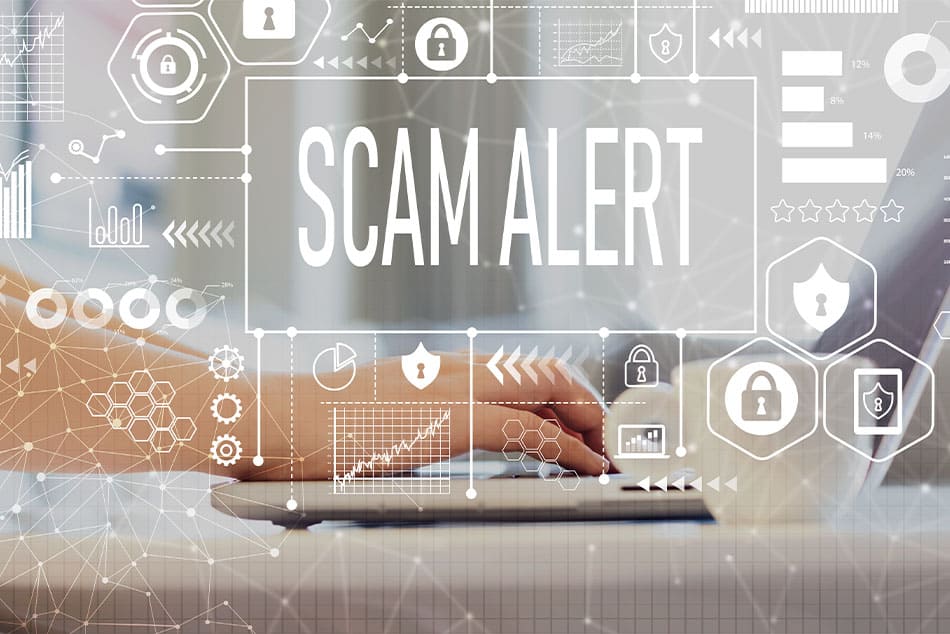Beware of Stimulus and Tax Scams

Today is usually National Tax Day so I wanted to remind everyone of some of the scams out there. Most people getting another stimulus check have already received it but if not this applies for them as well. Scammers couldn’t be happier that they have the potential to scam you out of both your stimulus and tax refund. The IRS is warning of a surge in scams as the tax agency continues processing tax returns and distributing stimulus payments to eligible adults.
Here’s all you need to know about the latest round of scams:
How the scams play out
In the most recent IRS-related scams, crooks will con victims into filing phony tax returns, steal tax refunds or stimulus payments, or impersonate the IRS and get victims to sign documents or share personal information. The scams are pulled off by email, text message or phone.
If you get a suspicious phone call, text message or email allegedly from the IRS, do not engage. Block the number on your phone and mark the email as spam.
What you need to know
The IRS will never make contact by phone or email. If there’s an issue with your taxes or stimulus payment, the agency will communicate by snail mail first.
There is no “processing fee” to be paid before you can get your stimulus payment or tax refund.
The IRS is not sending out text messages about stimulus payments.
There is no need to take any action to receive your stimulus payment. Likewise, aside from filing your tax return, there’s nothing you need to do to get your tax refund.
If you are a victim
If you are the victim of identity theft related to taxes or stimulus payments, there are steps you can take to mitigate the loss.
First, report it. If a fraudulent tax return was filed in your name, the IRS will mail you a Letter 4883C or 6330C to verify your identity. You may also need to call the toll-free number provided on the letter and visit an IRS Taxpayer Assistance Center . After reporting the fraud, you’ll likely need to file a paper tax return. Complete an Identity Theft Affidavit and attach it to the back of your paper return.
If you’ve mistakenly shared your information with a scammer and they’ve stolen your stimulus check, you will likewise need to let the IRS know. Visit Identitytheft.gov for a personal recovery plan.
Stay safe!


